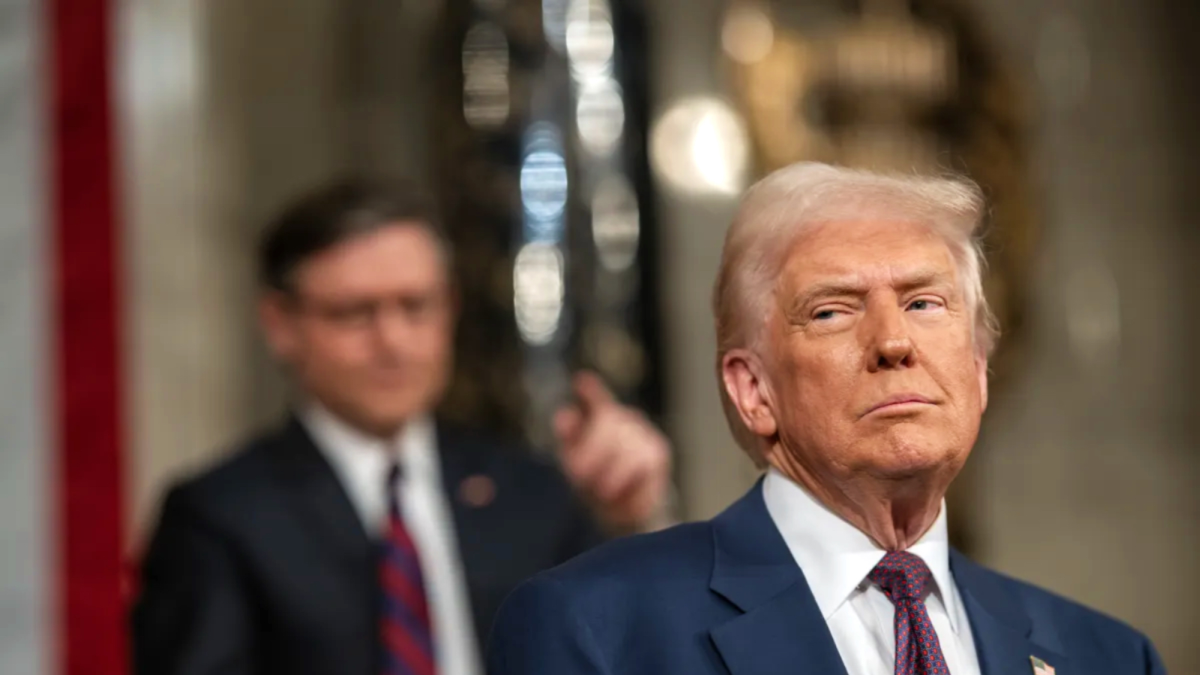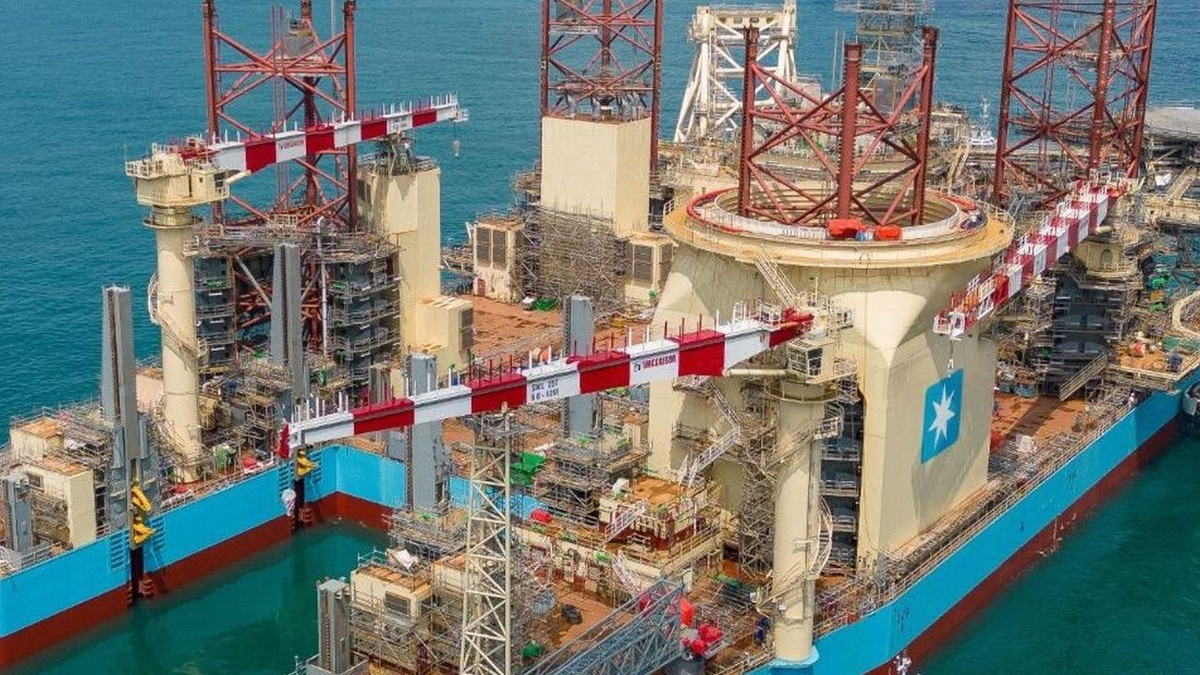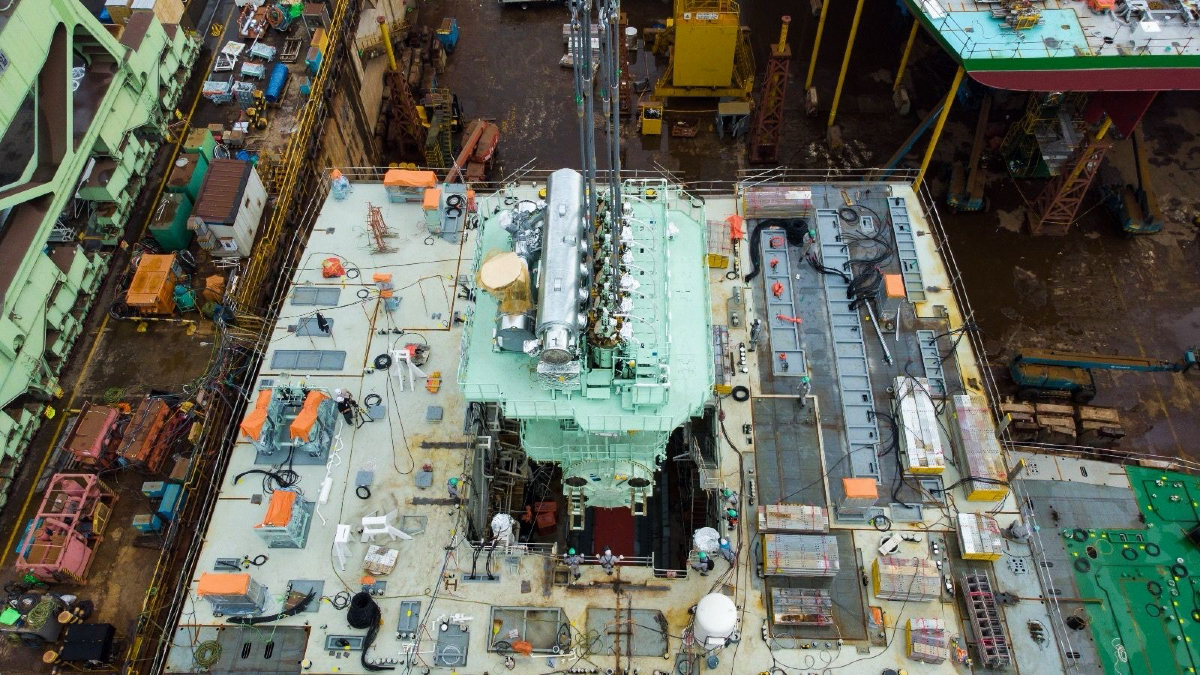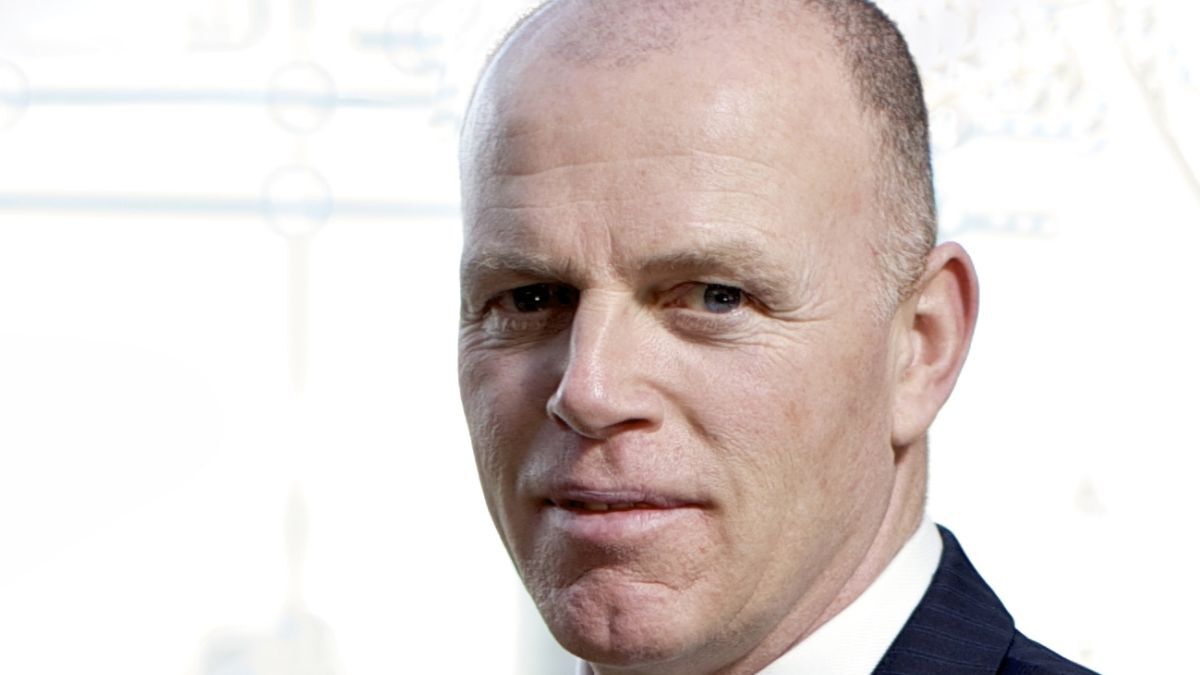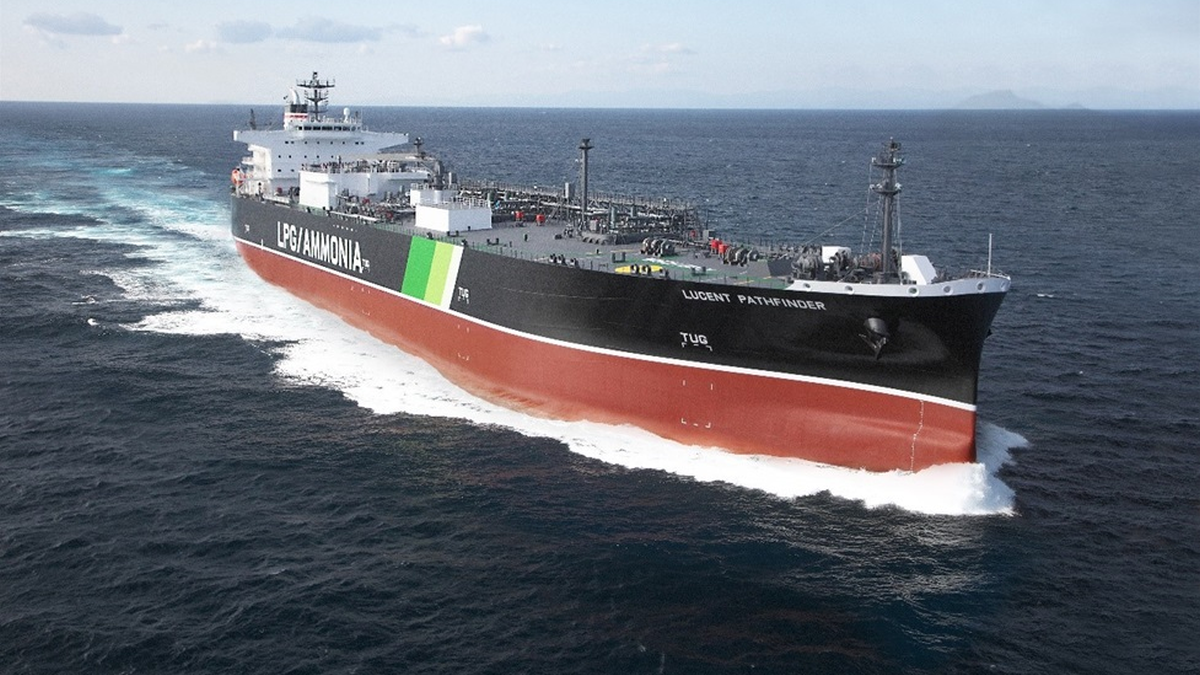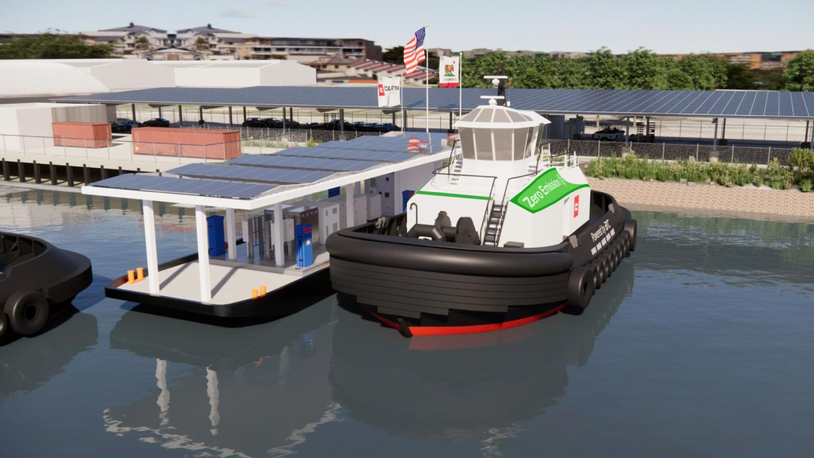Business Sectors
Events
Floating energy: successfully unlocking stranded gas using FLNGs and FSRUs
Contents
Trump team threatens IMO climate framework, saying aim is to 'defeat' it
Joint statement from US Secretaries of State, Commerce, Energy and Transportation calls landmark shipping emissions framework a "global carbon tax on Americans" that "would conveniently benefit China"
US Secretary of State Marco Rubio, Secretary of Commerce Howard Lutnick, Secretary of Energy Chris Wright, and Secretary of Transportation Sean Duffy have put their names to a joint letter threatening IMO member states with retaliation if they do not support a US attempt to ’defeat’ a multilateral UN framework that aims to reduce air pollution from shipping.
Approved by member states at a meeting of the Marine Environment Protection Committee (MEPC) in April 2025 at the UN specialised maritime body, International Maritime Organization (IMO), and expected to be adopted by the organisation during a meeting in October 2025, the Net-Zero Framework (NZF) contains a series of mandatory limits on emissions from ships as well as a price for greenhouse gas (GHG) emissions.
The letter is the US administration’s latest rhetorical shot at IMO, after causing a diplomatic stir in April’s MEPC 83 meeting when its delegation exited IMO decarbonisation negotiations and threatened retaliation for fees imposed on US vessels.
IMO reached agreement in principle on the Net-Zero Framework in April despite the US delegation’s unwillingness to participate, as the non-profit maritime decarbonisation facilitator Global Maritime Forum (GMF) pointed out, leaving the US administration isolated.
"The content of the State Department’s statement is not new — it is essentially the same message that was distributed to foreign offices during MEPC 83, where agreement was nonetheless reached. The US administration’s determination to isolate itself from the rest of the world and progress on slowing climate change is disappointing, but we fully expect the rest of the world to proceed with the business of addressing common problems. The IMO and its member states should be proud of its Greenhouse Gas Strategy and the Net Zero framework, and we look forward to its adoption and continued improvement," GMF Decarbonisation Director Jesse Fahnestock told Riviera in an emailed statement.
US claims of unfair treatment not substantiated
While the US letter openly acknowledged the NZF is "aimed at reducing global greenhouse gas emissions from the international shipping sector," the US administration claimed the NZF would both unfairly affect Americans and that the climate framework would benefit China.
"These fuel standards would conveniently benefit China by requiring the use of expensive fuels unavailable at global scale," the letter said, making additional claims that the NZF ruled out use of fuels produced by the US.
"These standards would also preclude the use of proven technologies that fuel global shipping fleets, including lower emissions options where US industry leads such as liquified natural gas (LNG) and biofuels," the letter said.
Mr Fahnestock said that claims the US administration made in its letter regarding NZF’s preference for or against fuels and any outsized impact of the NZF on Americans and American industries were untrue.
"Much of the statement from the administration is simply not true. Specifically, the framework does not require the use of any fuel or preclude the use of any other. Biofuels and LNG will be a part of the industry’s fuel mix during the transition. Costs to American consumers will be small and no more than other countries’. As far as the agreement benefiting China, it’s worth nothing that less than a year ago, most analysts expected the US to dominate the early supply of some of the future shipping fuels. It is the recent changes to the Inflation Reduction Act, not the Net Zero Framework, that have begun to change this view," he said.
The US Inflation Reduction Act (IRA) domestic policy legislation introduced under former US President Joe Biden prioritised, among other things, development of renewables and lower-carbon fuels and the infrastructure to produce those fuels. President Trump froze funding for much of the grant money that backs the IRA’s push into renewables and lower-carbon fuels and has prioritised exploration and production of fossil fuels.
US threatens retaliation
The Trump administration’s letter made direct threats of retaliation against IMO member state governments that do not support the US positions.
"Our fellow IMO members should be on notice that we will look for their support against this action and not hesitate to retaliate or explore remedies for our citizens should this endeavor fail," the letter said.
A senior economist on transport and logistics for investment bank ING said the US threats put "the authority of the IMO at risk".
"The US statement to reject the Net-Zero Framework that has been negotiated at MEPC 83 likely complicates the final adoption scheduled in October. Although the proposal is due to be accepted by a two-thirds majority, the US seems unwilling to accept its implementation, which puts the authority of IMO at risk," ING economist Rico Luman said.
"The climate agreement makes a start with CO2-pricing and that’s a significant step in the right direction in order to achieve net zero by 2050 in the shipping sector. It leads to higher shipping prices, but it will also fund the uptake of renewable fuels. Obviously, the system, when enforced in 2027, will apply globally and also applies to journeys to and from the US."
Mr Luman said if the US follows through on its stated intent to reject the NZF, its actions would "complicate the whole system".
"This could also make other countries doubt, because they fear the consequences as the US could retaliate. This puts the final adoption in danger. There may be a different – more climate friendly – administration in the US in 2028, when the first reporting kicks in, but delay of the climate strategy will make it even more difficult to achieve the decarbonisation targets in 2040 and 2050," he said.
"There’s not much time left as implementation usually takes years of preparation (also to enable companies to prepare themselves) and CO2 emissions failed to get on a downward track over the last years. Also, several container liners and large shippers have advocated to put a price on carbon emissions as well to flatten the level playing field with low carbon fuels. The proposed strategy is likely not an end stage but a start. All in all, it will be a blow if this derails the adoption and implementation of its new climate strategy, which was meant to be a breakthrough on a global level."
Riviera’s Maritime Decarbonisation Conference, Europe will be held in Amsterdam Schipol Airport, 30 September to 1 October 2025. Click here to register your interest in this industry-leading event.
Related to this Story
Events
Floating energy: successfully unlocking stranded gas using FLNGs and FSRUs
© 2024 Riviera Maritime Media Ltd.


